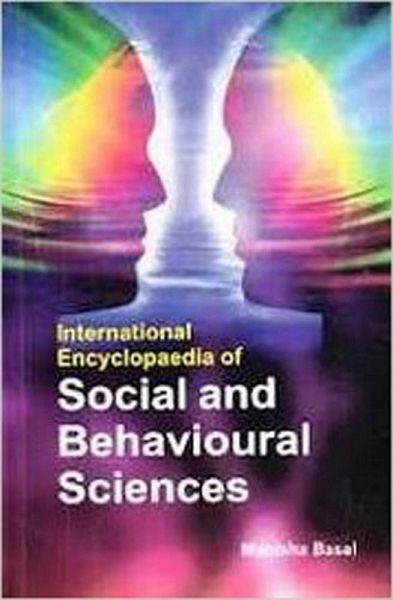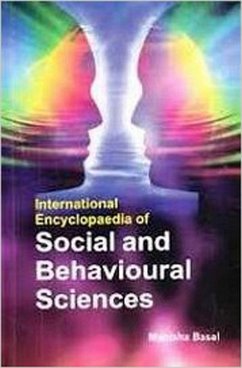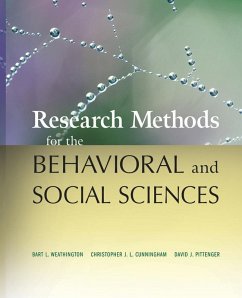
International Encyclopaedia Of Social And Behavioral Sciences (eBook, ePUB)

PAYBACK Punkte
138 °P sammeln!
The term behavioural sciences encompasses all the disciplines that explore the activities of and interactions among organisms in the natural world. It involves the systematic analysis and investigation of human and animal behaviour through controlled and naturalistic observation, and disciplined scientific experimentation. It attempts to accomplish legitimate, objective conclusions through rigorous formulations and observation. Examples of behavioural sciences include psychology, psychobiology, and cognitive science. Behavioural sciences includes two broad categories: neural-decision sciences-...
The term behavioural sciences encompasses all the disciplines that explore the activities of and interactions among organisms in the natural world. It involves the systematic analysis and investigation of human and animal behaviour through controlled and naturalistic observation, and disciplined scientific experimentation. It attempts to accomplish legitimate, objective conclusions through rigorous formulations and observation. Examples of behavioural sciences include psychology, psychobiology, and cognitive science. Behavioural sciences includes two broad categories: neural-decision sciences-and social-communication sciences. Decision sciences involves those disciplines primarily dealing with the decision processes and individual functioning used in the survival of organisms in a social environment. These include psychology, cognitive science, organisation theory, psychobiology, and social neuroscience. On the other hand, communication sciences include those fields which study the communication strategies used by organisms and its dynamics between organisms in an environment. Here, communication does not mean 'speech' as seen by rhetoricians, rather communication implies interaction and relationships as seen by sociologists, psychologists and social psychologists. These include fields like anthropology, organisational behaviour, organisation studies, sociology, and social networks. The behaviour of people (and other organisms or even mechanisms) falls within a range with some behaviour being common, some unusual, some acceptable, and some outside acceptable limits. The objective of this encyclopaedia is to provide guidelines for students to understand the topic.
Dieser Download kann aus rechtlichen Gründen nur mit Rechnungsadresse in A, B, BG, CY, CZ, D, DK, EW, E, FIN, F, GR, HR, H, IRL, I, LT, L, LR, M, NL, PL, P, R, S, SLO, SK ausgeliefert werden.













